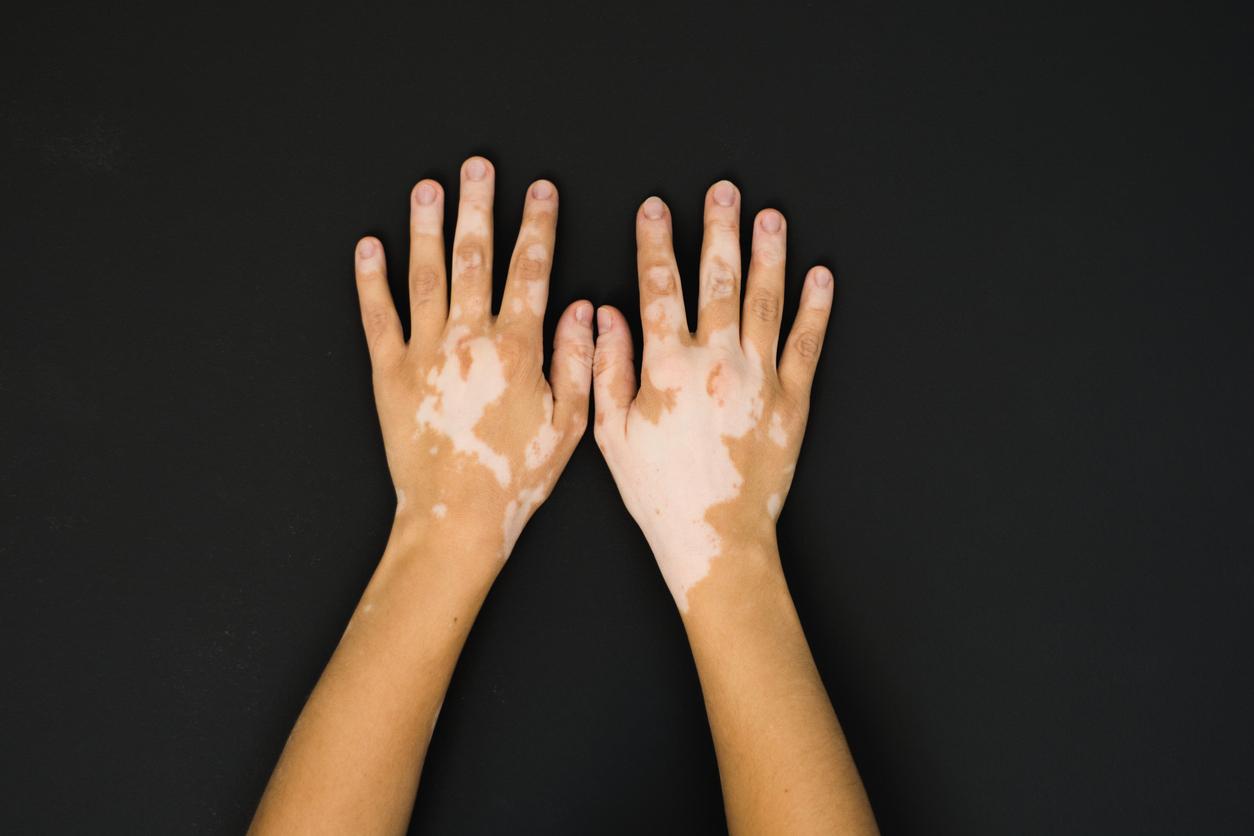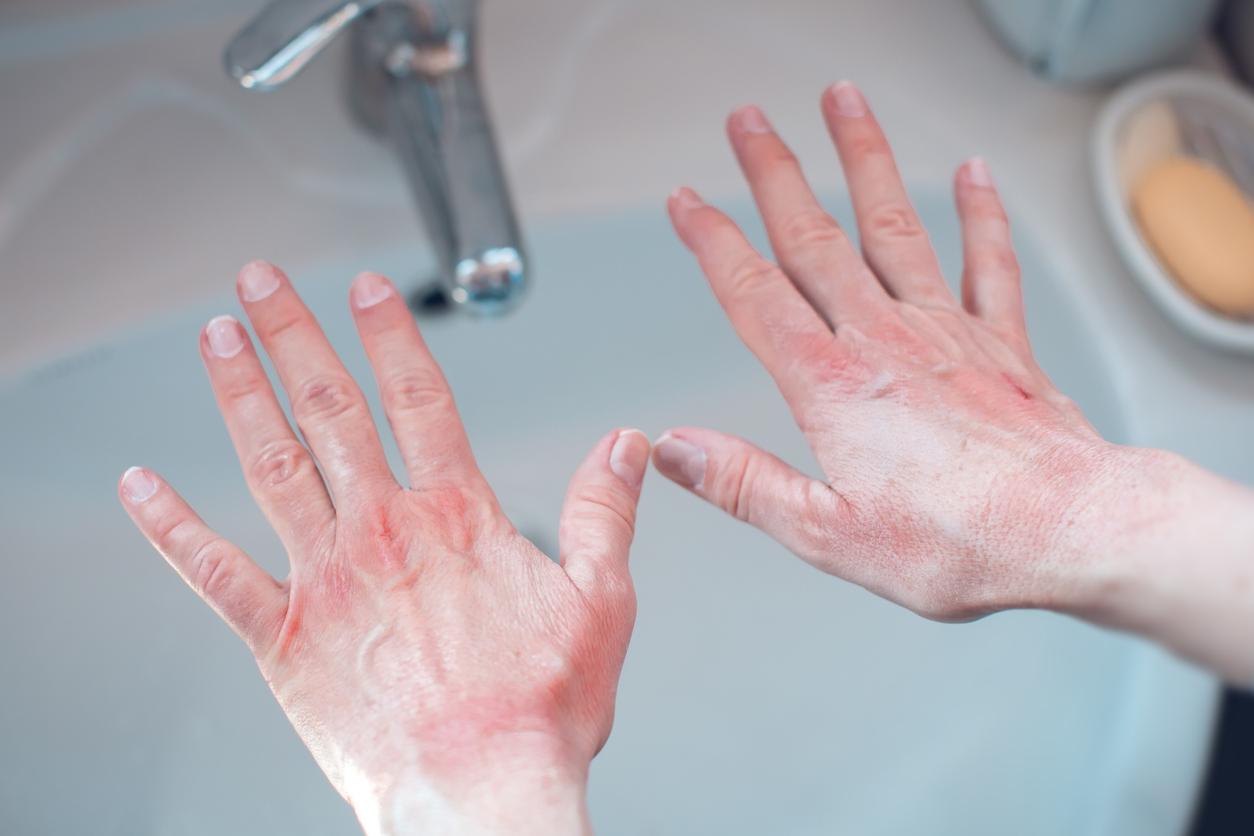Glyphosate, a Monsanto pesticide acquired by Bayer, is now found everywhere in the environment, urine with cereals Passing by beer and honey. This substance has been classified as “probable carcinogen to humans” in 2015 by the International Agency for Research on Cancer (IARC) but continues to be used by farmers.
Following the contamination of their honey by glyphosate, the apicultural union of the Aisne, which brings together nearly 200 beekeepers, had filed a complaint in early June 2018 against Bayer, with the Lyon public prosecutor’s office (where the French headquarters of the ‘business). The latter has just opened an investigation for “administration of harmful substances”, which does not target the Bayer group for the moment. “I am delighted that we are taking this matter very seriously and that we are tackling the honey problem in France. It certainly concerns the bee health, but also that of men. To my knowledge, this is a first, “reacted to AFP (relayed by The world) the lawyer for the beekeeping union, Emmanuel Ludot.
Beekeepers unable to sell
In several cases, the beekeeper was unable to sell his honey because it contained too high levels of glyphosate. This is the case Sylvène Obry, amateur beekeeper in the Aisne, who owns 90 beehives. He is used to selling his surplus honey to the Famille Michaud Apiculteur group, the largest honey player in France (“Lune de Miel” brand). But in February 2018, he was refused 900 kilos of honey. Indeed, the group had detected the presence of the famous herbicide. Famille Michaud had also indicated at the beginning of June that these substances were regularly detected in honey: 12% of the batches supplied in France to the group had glyphosate above the threshold of 10 ppb (part per billion), although the maximum rate authorized by European regulations is set at 50 ppb.
Read also :
Honey, energy concentrate
Glyphosate: more and more present in the body


















